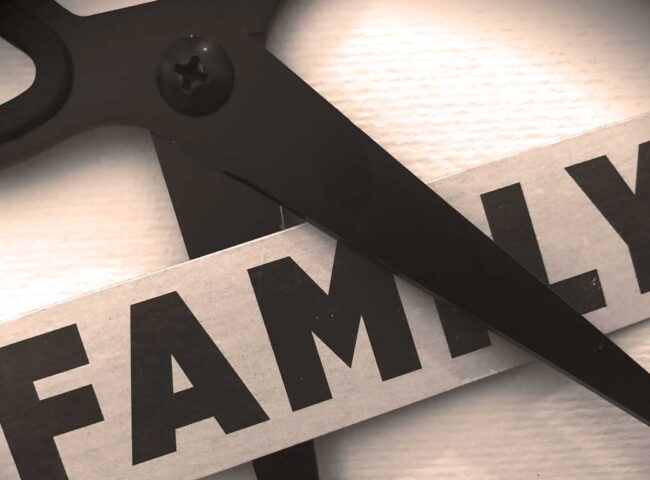Consolidated Credit Canada
By John Albertini, March 14th, 2024
When you die, your executor is responsible for carrying out the duties of your will and arranging to pay off your debts. They will also close any accounts that you may have. These duties must be completed before assets (like money, property, or other valuables) are distributed to your heirs.
Upon death, debts are paid out in a specific order.
- Canada Revenue Agency tax
- Provincial/territory tax
- Secured debts such as a home or car
- Unsecured debts such as credit cards and lines of credit.
Upon notice of your death creditors can file a claim against your estate for the money owed. If there isn’t enough in the estate to cover the debts and you don’t have loan protection insurance, any funds available, as well as, any from the sale of assets will be used to pay off as much debt as possible following legal guidelines. Any other debt is typically written off by creditors. Heirs are not personally responsible for paying this debt unless it was held jointly or co-signed.
If you don’t want to burden your loved ones with having to deal with your debt, there are steps you can take.
Key Takeaways
- The government will forgive federal and provincial student loans upon your death.
- If you have more debts than assets, your creditors may not get the full amount of debt that you owe them.
- Create a will to lessen financial stress on your loved ones, inform others of your final wishes and appoint who will care for your minor children.
- When you pass away, your estate, which includes all your assets and belongings, will handle your unpaid debt.





